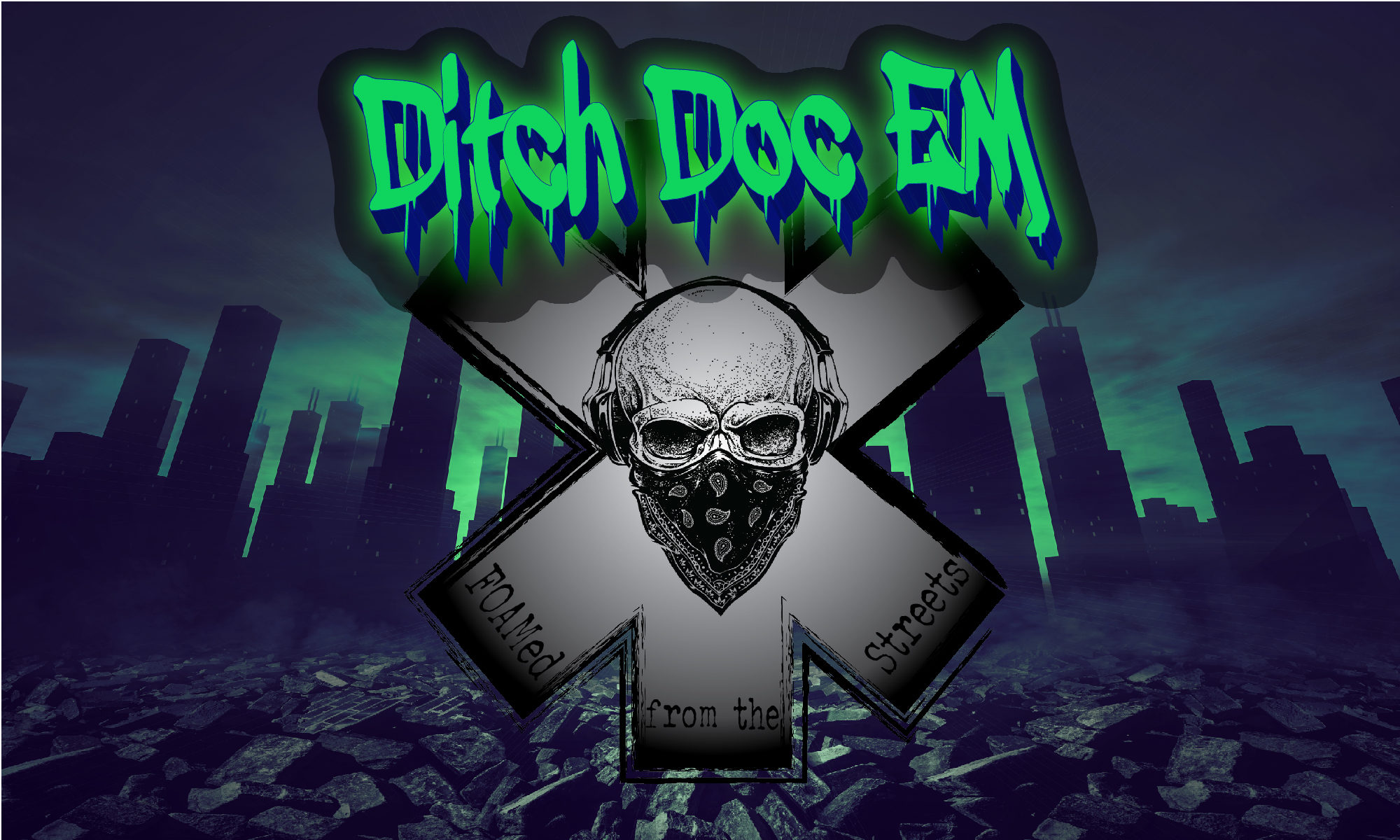An important thing to remember when assessing your patients, is that low blood pressure is not shock. On that same token, high blood pressure does not rule out shock. I’m sure that everyone has probably heard that tachycardia may be one of the first indicators of shock… but what else can tell us? Enter the shock index.
Calculating Shock Index
A very useful tool in determining the presence of shock is the Shock Index (SI). To calculate your patient’s Shock Index, divide heart rate by systolic blood pressure. A normal Shock Index is considered to be between 0.5 and 0.7. If a patient’s shock index is ≥ 0.9, this is considered highly abnormal, and this patient is likely in shock. Here’s an example:
29 y/o female involved in a motor vehicle collision, HR 60, BP 120/80
HR/SBP=SI → 60/120= 0.5 → GOOD!
Another example:
32 y/o male involved in a motor vehicle collision, HR 90, BP 100/60
HR/SBP → 90/100= 0.9 → ABNORMAL- Shock likely!
Take note that both of these patients have a SBP > 90 and neither are tachycardic. Furthermore, both have a normal mean arterial pressure (MAP). The only indicator (from the vital signs, at least) that the male is likely entering a hypoperfusive state, is the Shock Index.
So, in a nutshell, that is Shock Index. Remember, it is just a tool that can aid you, and in medicine absolute certainties are very rare. Be sure to check out my article on Determining Mean Arterial Pressure. Thanks for reading my first real post of this blog! If you learned something, please tell your colleagues about it! Also, if you’re not following my blog, check out the options on the right side of the screen to do so. Until next time, be safe and stay focused out there!



What if your patient’s shock index is lower than 0.5-0.7?
Very interesting question! So let’s say that your patient has a BP of 120/80 and HR of 60 bpm, his SI would be 0.5. To get a lower shock index, one of two things would have to happen: either the HR would have to decrease, or the BP would have to increase. I don’t think I would be particularly concerned about shock at this point, but there could be something else going on. The most ominous thing I could think of would be Cushing’s Triad of bradycardia, hypertension, and abnormal respirations. If recent head trauma is known or suspected, that is what I would worry about. I am actually working on an article about field management of increasing intracranial pressure right now, and I will be sure to mention this!
-Owen